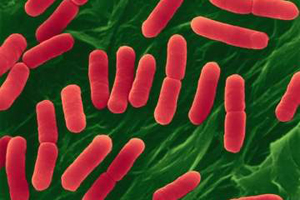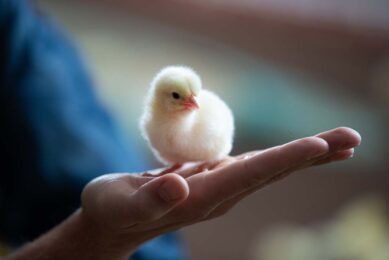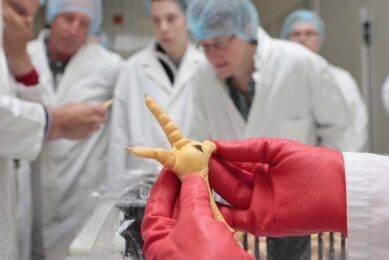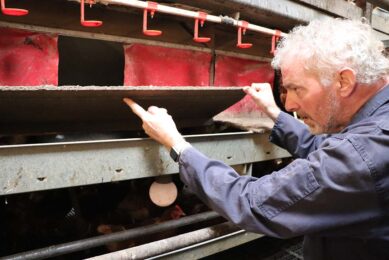European cases of Campylobacter and E Coli on the rise

Human cases of Campylobacteriosis and E Coli have been increasing in Europe over the last five years, according to a recent report. Salmonella cases in humans have continued to fall, marking a decrease for the seventh consecutive year.
The findings of the annual report on zoonoses and food-borne outbreaks in the European Union for 2011 were produced jointly by the European Food Safety Authority and the European Centre for Disease Prevention and Control (ECDC).
The report supports the European Commission and EU Member States in monitoring risks related to zoonotic diseases. These diseases can be transmitted directly or indirectly between animals and humans, for instance by consuming contaminated foodstuffs or through contact with infected animals.
“The good news is that the positive trend in reduction of Salmonella cases in humans and poultry is continuing. However, the increase in Campylobacter and VTEC cases highlights the continued need to monitor and control the presence of these bacteria in the food chain in order to reduce the risk of human exposure”, said Pia Makela, Head of EFSA’s Biological Monitoring Unit.
In 2011, a total of 220,209 Campylobacter cases were reported in humans, 2.2% more than in 2010. This bacterium can cause diarrhoea and fever, and the most common foodstuff in which Campylobacter was found was chicken meat.
Although salmonellosis has declined significantly in the last years, in 2011 it was still the second most frequently reported zoonotic disease in humans, accounting for 95,548 reported cases. The continued decrease in human cases reflects the results of the Salmonella control programmes put in place by EU Member States and the European Commission which have led to a decline in Salmonella infections in poultry populations, particularly laying hens (and hence eggs) and chickens.
Join 31,000+ subscribers
Subscribe to our newsletter to stay updated about all the need-to-know content in the poultry sector, three times a week. Beheer
Beheer








 WP Admin
WP Admin  Bewerk bericht
Bewerk bericht